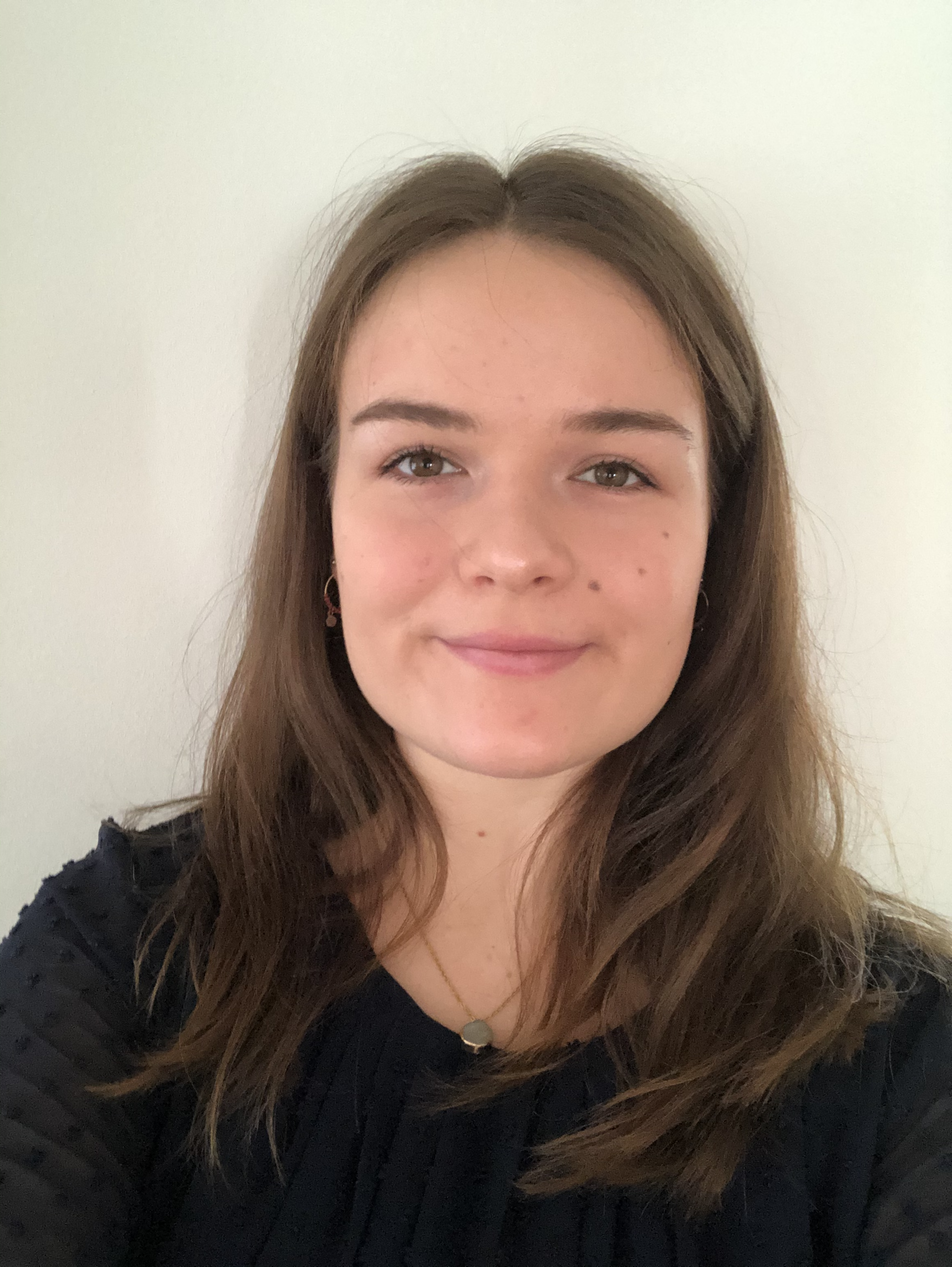
We are pleased to welcome Emma Nesbit to the Unit as a visiting student.
Emma is a second year Neuro-Cognitive Psychology Master student at the Ludwig Maximilian University (Germany), who is interested in investigating the brain networks involved in motor learning. During her 2-month summer internship in the Stagg group, she will work with Dr. Ioana Grigoras and Dr. Catharina Zich to investigate the effect of repetitive transcranial magnetic stimulation (rTMS) on distinct motor circuits and associated behaviour. Having prior experience with techniques like functional magnetic resonance imaging (fMRI) and electroencephalography (EEG), Emma’s role in this research will be a valuable add-on to her skill set and will deepen her understanding of the field of brain stimulation and motor learning.
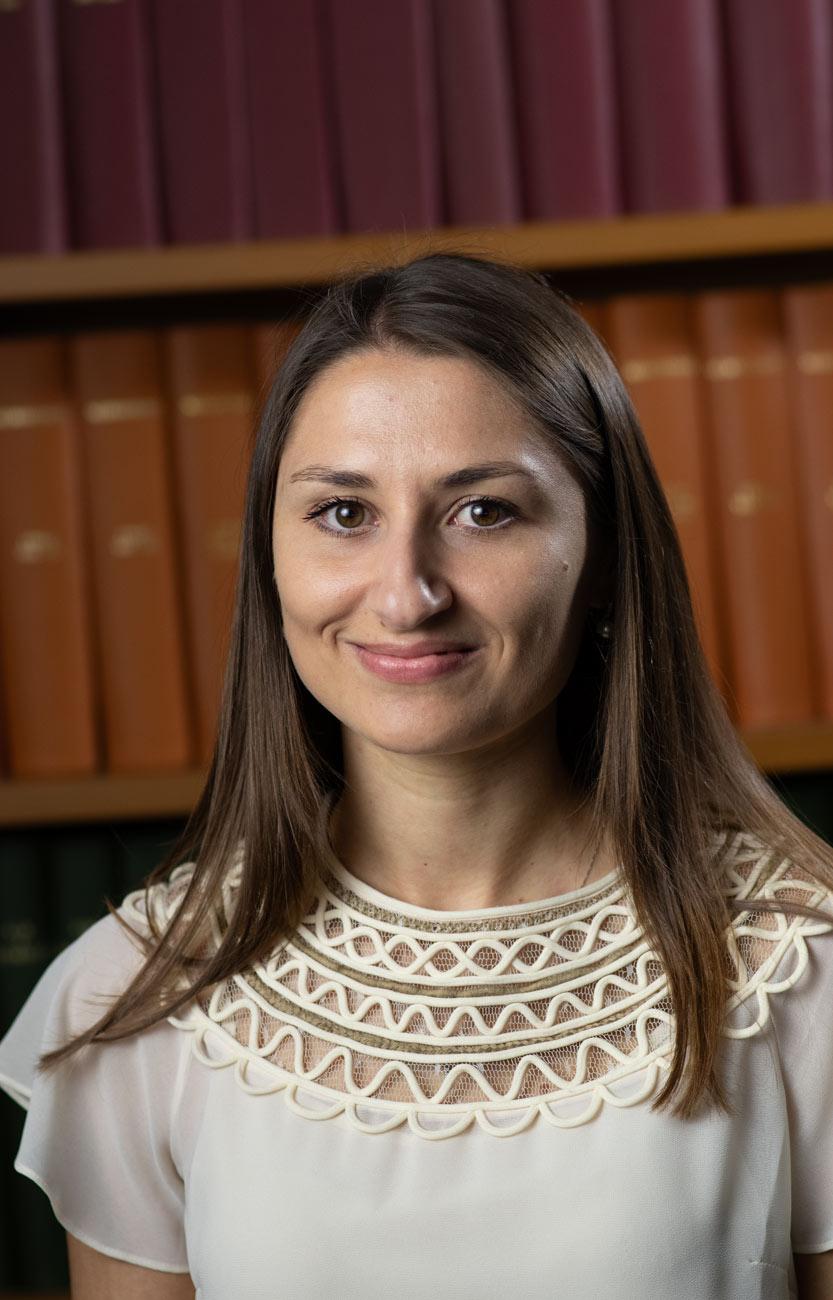
Warm congratulations to Unit postdoctoral researcher Dr. Valentina Mancini on being awarded a Postdoctoral Mobility Fellowship from the Swiss National Science Foundation (SNSF). Postdoc Mobility fellowships are highly competitive grants aimed at researchers who have completed a doctorate in Switzerland. This fellowship will enable Valentina to pursue an innovative research project to enhance her technical skills and increase her scientific independence.
Valentina will start her fellowship in September, working in Professor Charlotte Stagg's group and in close collaboration with Associate Professor Helen Barron and the Department of Psychiatry. Valentina’s research project will focus on investigating the oscillatory signatures underlying impaired hippocampal learning in psychotic patients using MEG and brain stimulation. This project holds great promise for advancing our understanding of the complex interplay between high-frequency oscillations, inhibition and cognitive symptoms in individuals affected by psychosis.
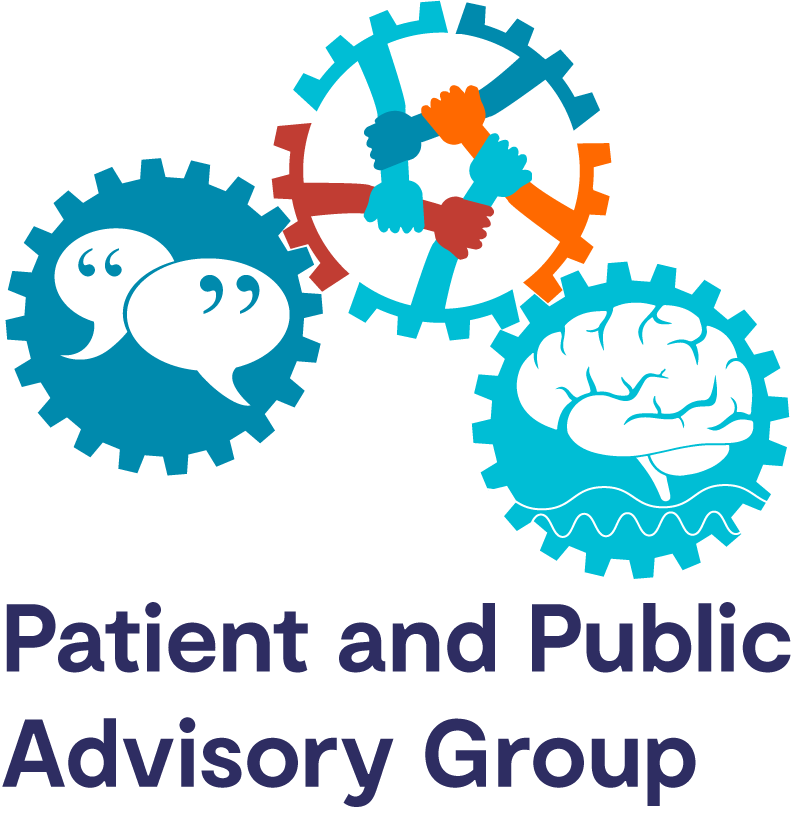
Are you interested in the potential of brain technologies to improve health and wellbeing? Would you like to help shape the direction of our research?
At the MRC Brain Network Dynamics Unit, we are working to better understand the potential of technologies for enhancing brain activity, with the aim of providing long-term benefits for people living with brain disorders.
We are looking for people with lived experience of a range of neurological and psychiatric conditions to join our Patient and Public Advisory Group and help shape our research direction and plans.
We do not need you to be an expert scientist or an engineer; what we need is for you to bring your experience and to be a critical friend.
Working with our Advisory Group would involve a mixture of in-person meetings in Oxford and email or video conference communication, taking up about 2 days per year.
You would be compensated for your time, travel and any associated costs.
For more information, please contact Dr Melanie Fleming.

We are delighted to announce that the Unit has achieved multiple accreditations through the Laboratory Efficiency Assessment Framework (LEAF), a nationally recognised scheme designed to improve the sustainability and efficiency of laboratories.
Six laboratories at the Unit achieved accreditation for their sustainable practices. The Barron Group, Denison Group, Dupret Group, Sharott Group and Tan Group each achieved Bronze awards. The Magill Group achieved a Silver award.
To gain the awards, each Group was audited for the practical steps they had taken to meet several assessment criteria, including those related to the use of equipment and space, the management of samples and chemicals, ventilation, waste/recycling, and the engagement of colleagues.
Unit Sustainability Lead Dr Camille Loiseau commented "There are many opportunities to reduce our impact on the environment, both at home and at work. At a time when environmental issues are more pressing than ever, establishing sustainable practices has never been easier. When I initiated the process for LEAF accreditation at the Unit, I was really impressed by the enthusiastic uptake. Thanks to the LEAF program, and the support of the University of Oxford’s Environmental Sustainability Team, we have successfully implemented a wide range of measures to make our labs more sustainable. And there’s more to come next year!”
Unit Director Professor Peter Magill commented “I am delighted that the Unit’s commitment to sustainable research has been recognised in this way. Many congratulations to the dedicated teams of Unit members who delivered on their plans to help the Unit reduce its carbon emissions, waste and spend. This initiative has already enhanced the Unit environment supporting high-quality research.”

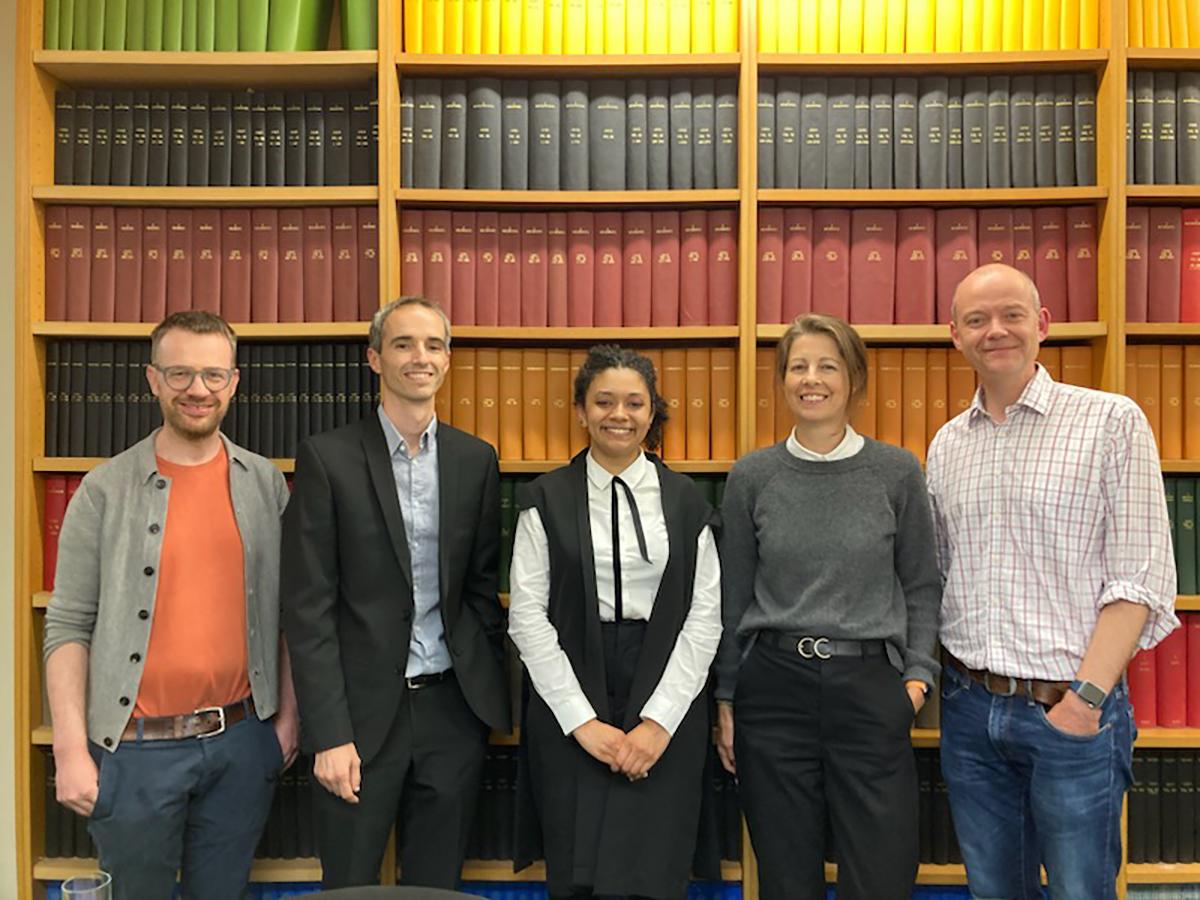
After the viva voce: A happy D.Phil. candidate (centre) with satisfied examiners (left and right) and proud supervisors (far left and far right).
Our congratulations go to Unit D.Phil. student Freya Marijatta for successfully defending her doctoral thesis, entitled “Comparative analyses of dopaminergic signalling in the mouse brain”, in her viva voce examination on 4th July 2023.
Freya’s viva examiners were Dr Paul Dodson (University of Bristol) and Professor Stephanie Cragg (University of Oxford).
Freya was supervised by Professor Peter Magill (MRC BNDU) and Professor Mark Walton (Experimental Psychology).
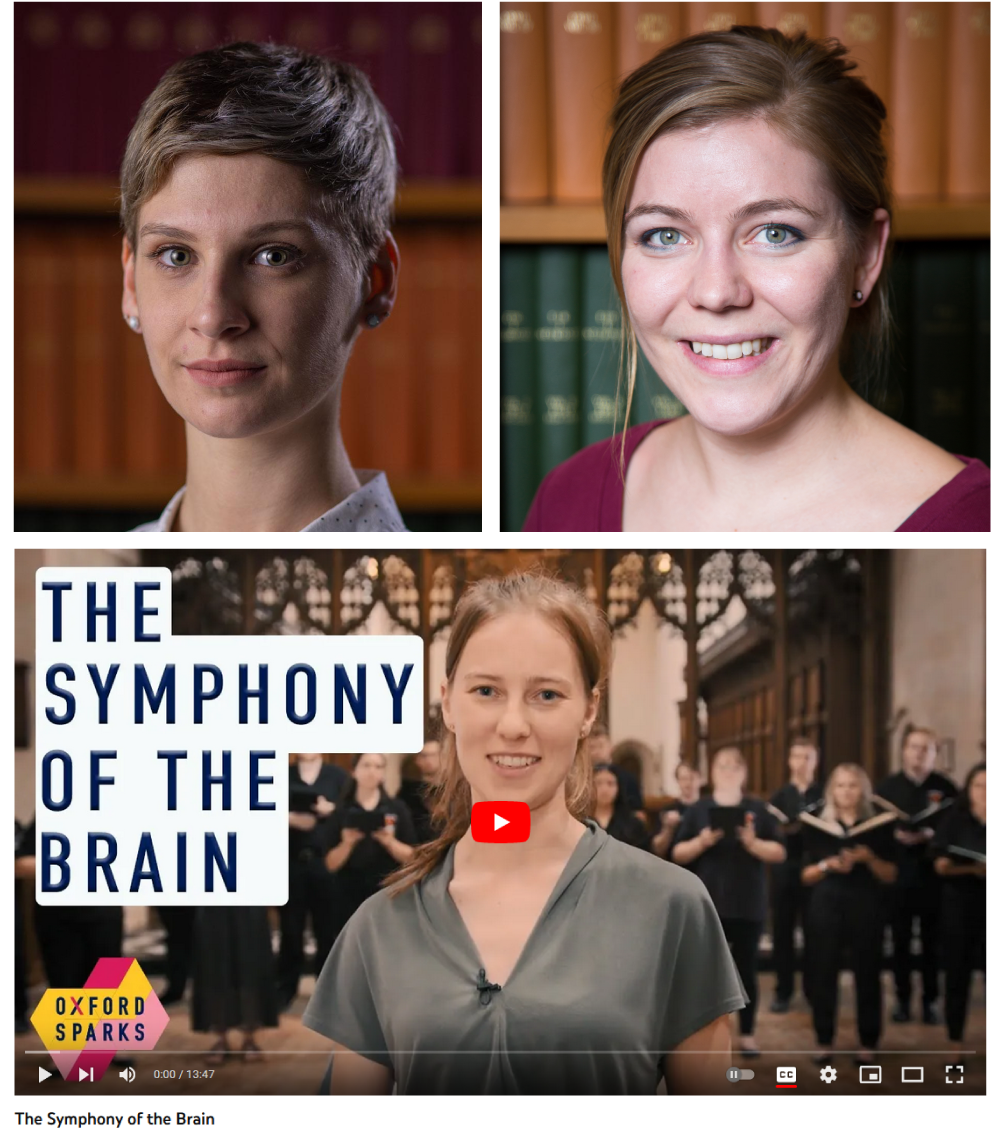
Camille Lasbareilles, Natalie Doig, and The Symphony of the Brain video, co-winners of the Director’s Award for Public Engagement 2023.
Congratulations to Unit student Camille Lasbareilles, Unit postdoctoral researcher Dr. Natalie Doig, and the Unit team behind “The Symphony of the Brain” video on co-winning the Director’s Award for Public Engagement for 2023.
The Award is given annually, on the basis of nominations made by Unit members, to recognise and celebrate the exemplary contributions of individuals or a small collective to the Unit’s extensive Outreach Programme.
Camille, Natalie and The Symphony of the Brain team received their Awards from Unit Director Professor Peter Magill at a special ceremony held at the Unit’s biannual Science Day.
Professor Magill commented “It gives us all great pleasure to reward the achievements of these deserved winners. Camille has demonstrated exceptional personal commitment to public engagement, playing a pivotal role in organising a series of popular outreach events at the Centre for the Creative Brain at St Edmund Hall. Natalie has shown outstanding leadership in public engagement, and is a tireless champion of the Unit’s outreach programme. Natalie’s colleagues clearly value her critical contributions to a wide range of highly successful outreach activities. The Unit team behind The Symphony of the Brain video - Demi Brizee, Natalie Doig, David Dupret, Shenghong He and Ashwini Oswal – deserve much credit for their vision, ingenuity and skill in creating an engaging resource that has done a brilliant job of promoting the public understanding of the Unit and its research.”
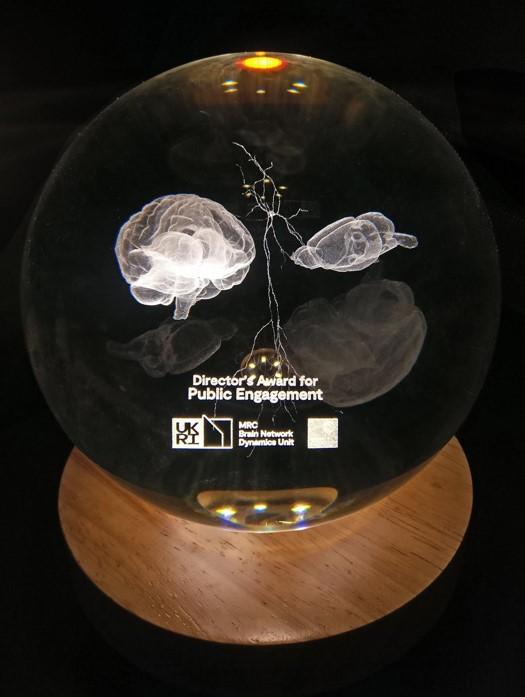
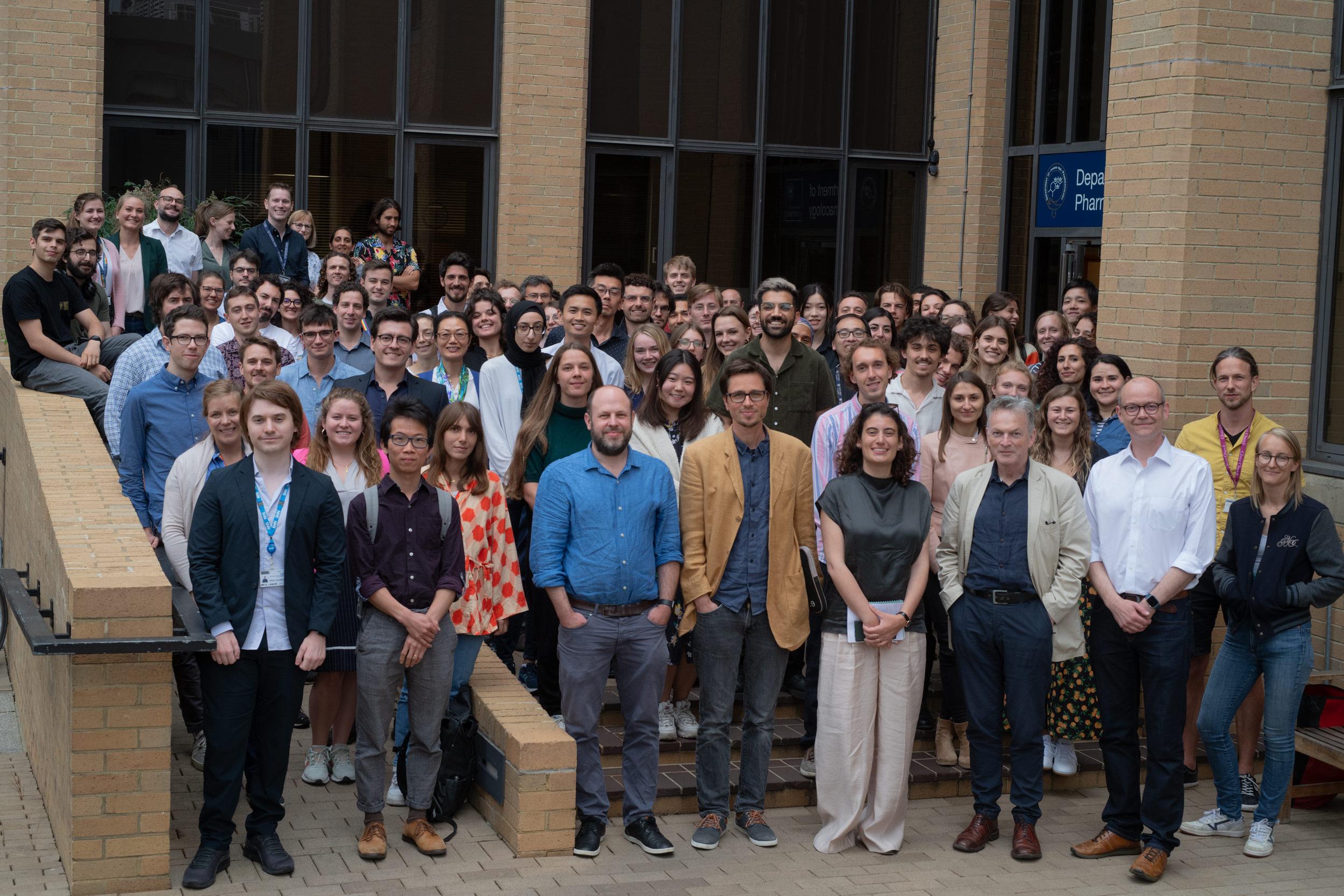
Attendees at the MRC BNDU’s Science Day in summer 2023.
The Unit held its sixteenth Science Day on Friday 30th June 2023. Unpublished work and future research projects were the focus of discussion, and Unit members and visitors enthusiastically took the chance to offer the constructive criticism needed to support collaboration and cutting-edge research.
There were 8 short research talks and 15 poster presentations, most of which were given by the Unit’s early-career scientists. Attendees were also treated to two Keynote Lectures: A first by Professor Vladyslav Vyazovskiy of the University of Oxford, in which he gave an engaging account of the regulation of brain activity during sleep and waking; and a second lecture by Dr. Erika Ross of Onward Medical that showcased career paths in the neurotechnology industry as well as the development of medical devices for clinical interventions in neurological disorders and spinal injury.
Unit Director Professor Peter Magill commented: “Another fantastic showcase of interdisciplinary research, and a timely opportunity to review our collective progress in fulfilling the Units’ Mission. It was a pleasure and a privilege to see the next generation of our talented researchers in action and to learn from them.”
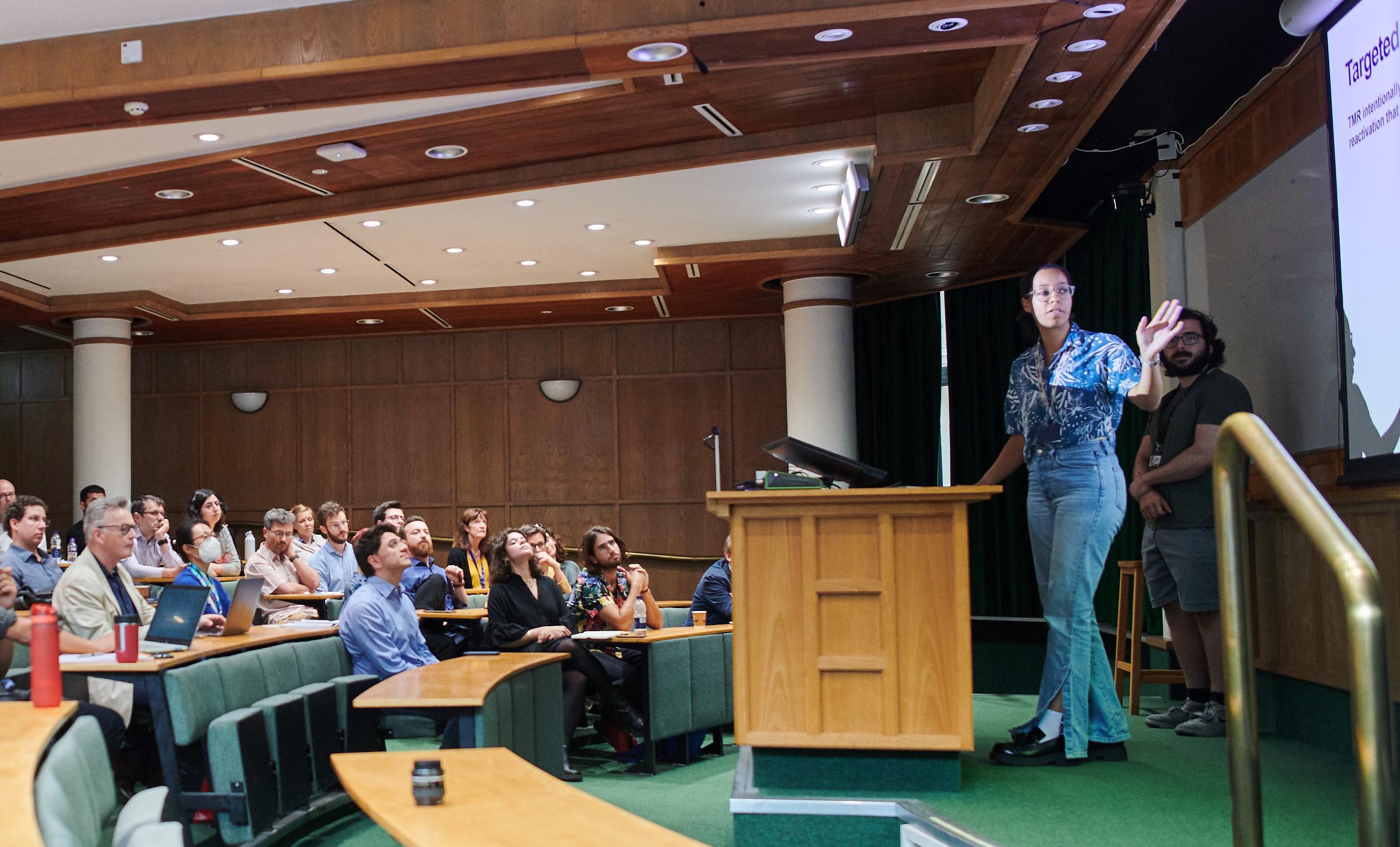
Students Morgan Mitchell and Ali Kavoosi present their latest research to an attentive audience at summer Science Day 2023.
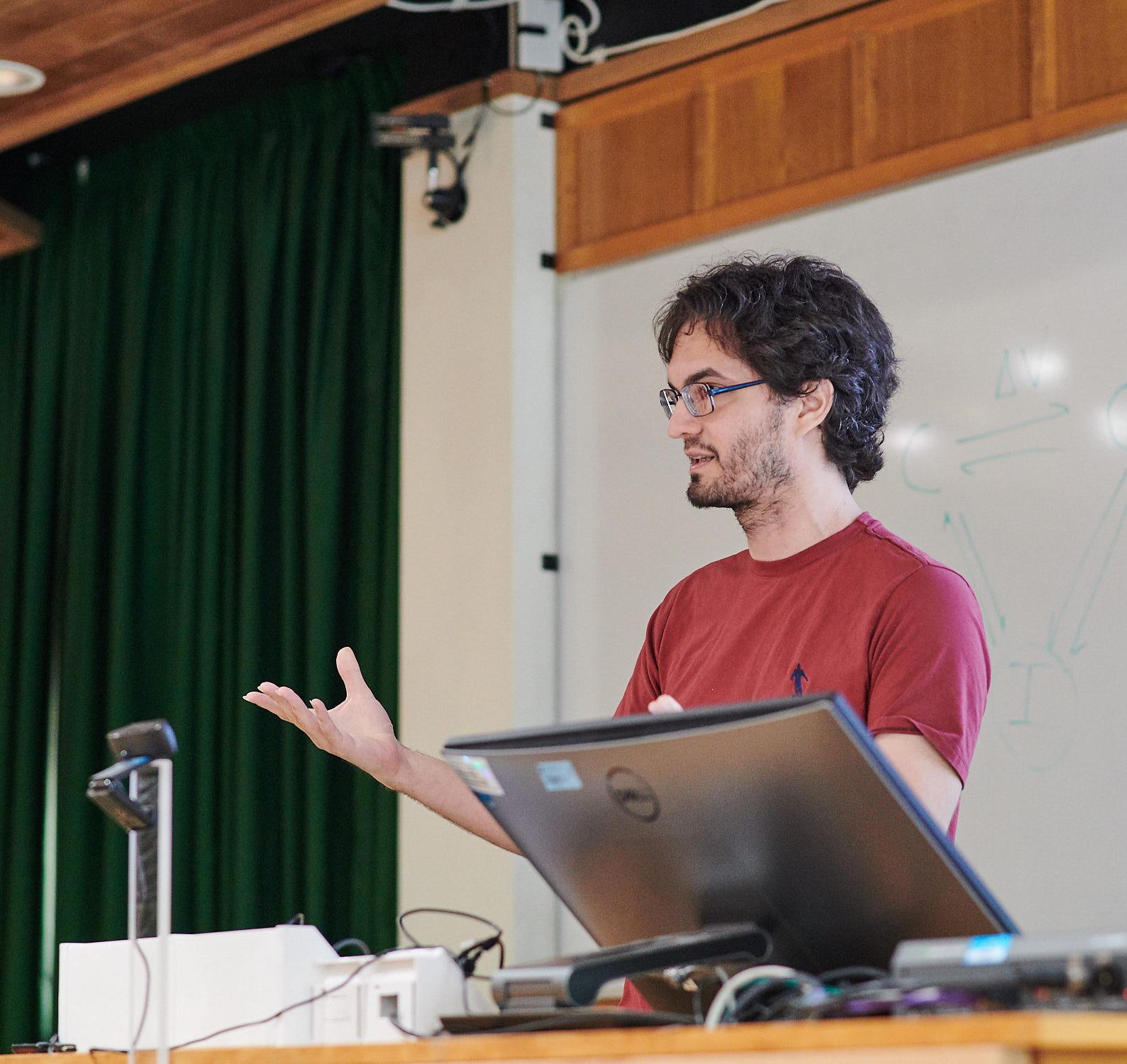
Unit postdoctoral scientist Vitor Lopes dos Santos explains his latest research on hippocampal activity dynamics at summer Science Day 2023.
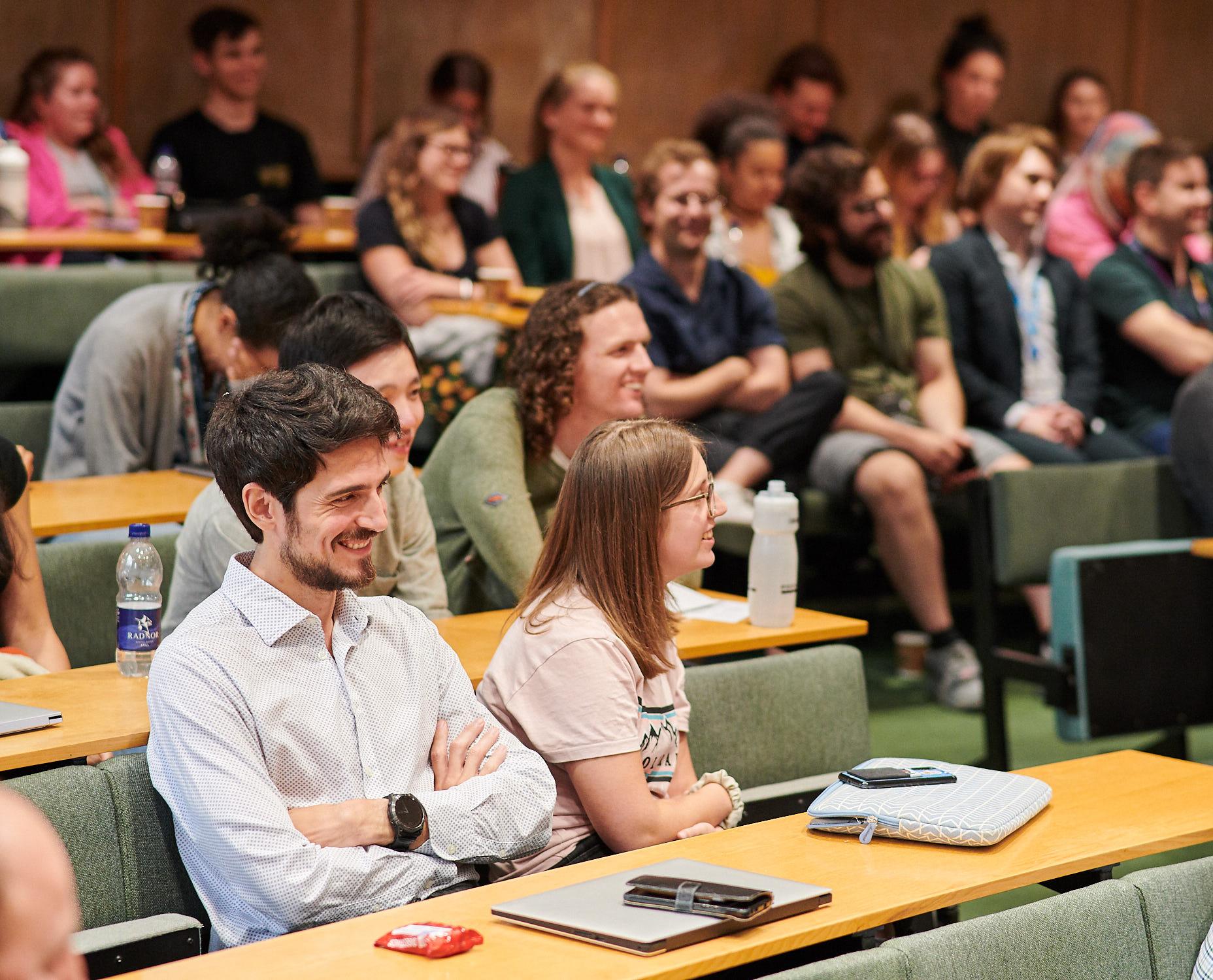
An entertained audience at summer Science Day 2023.
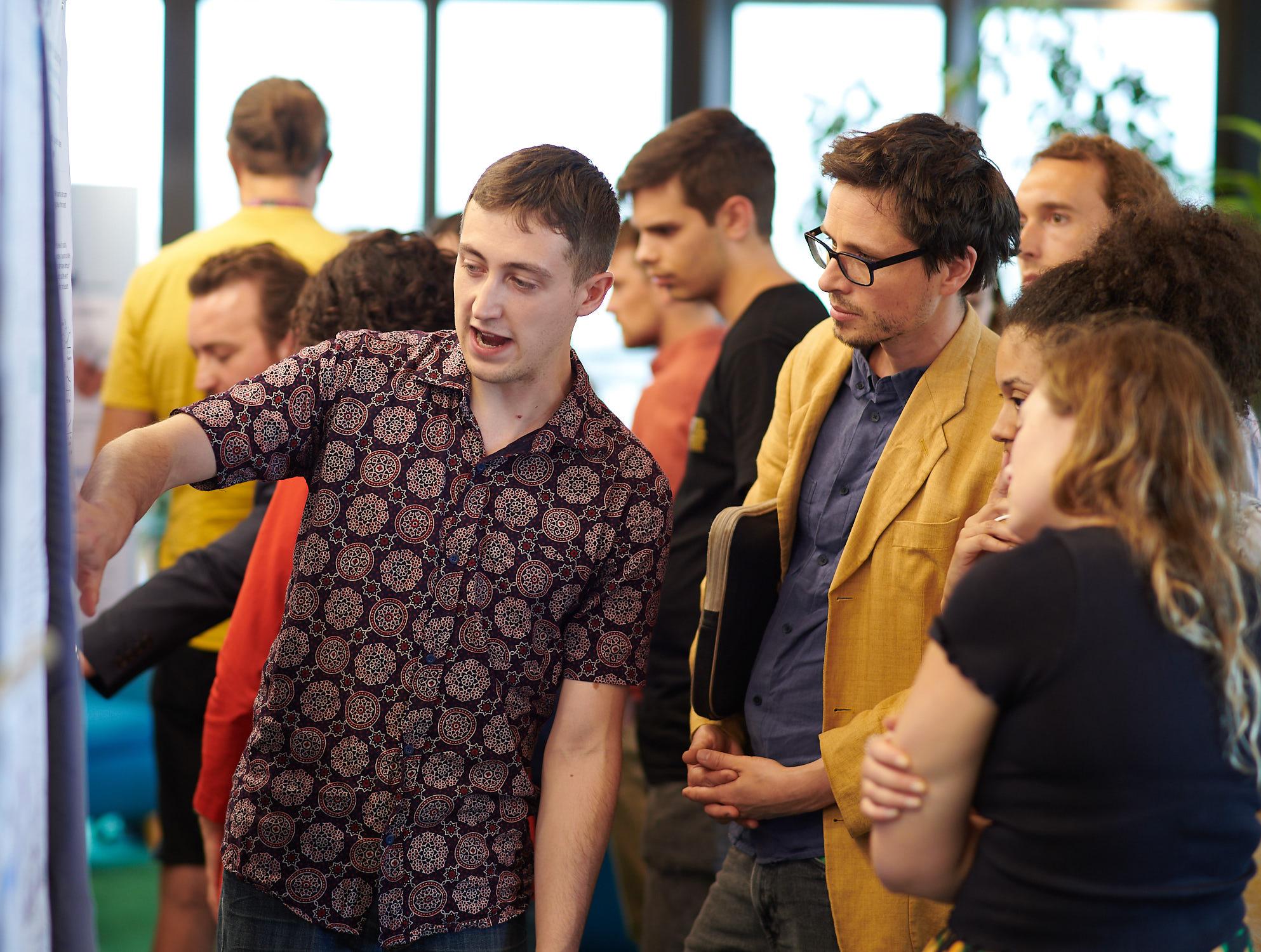
Unit student Isaac Grennan (left) presents his research poster to colleagues at summer Science Day 2023.
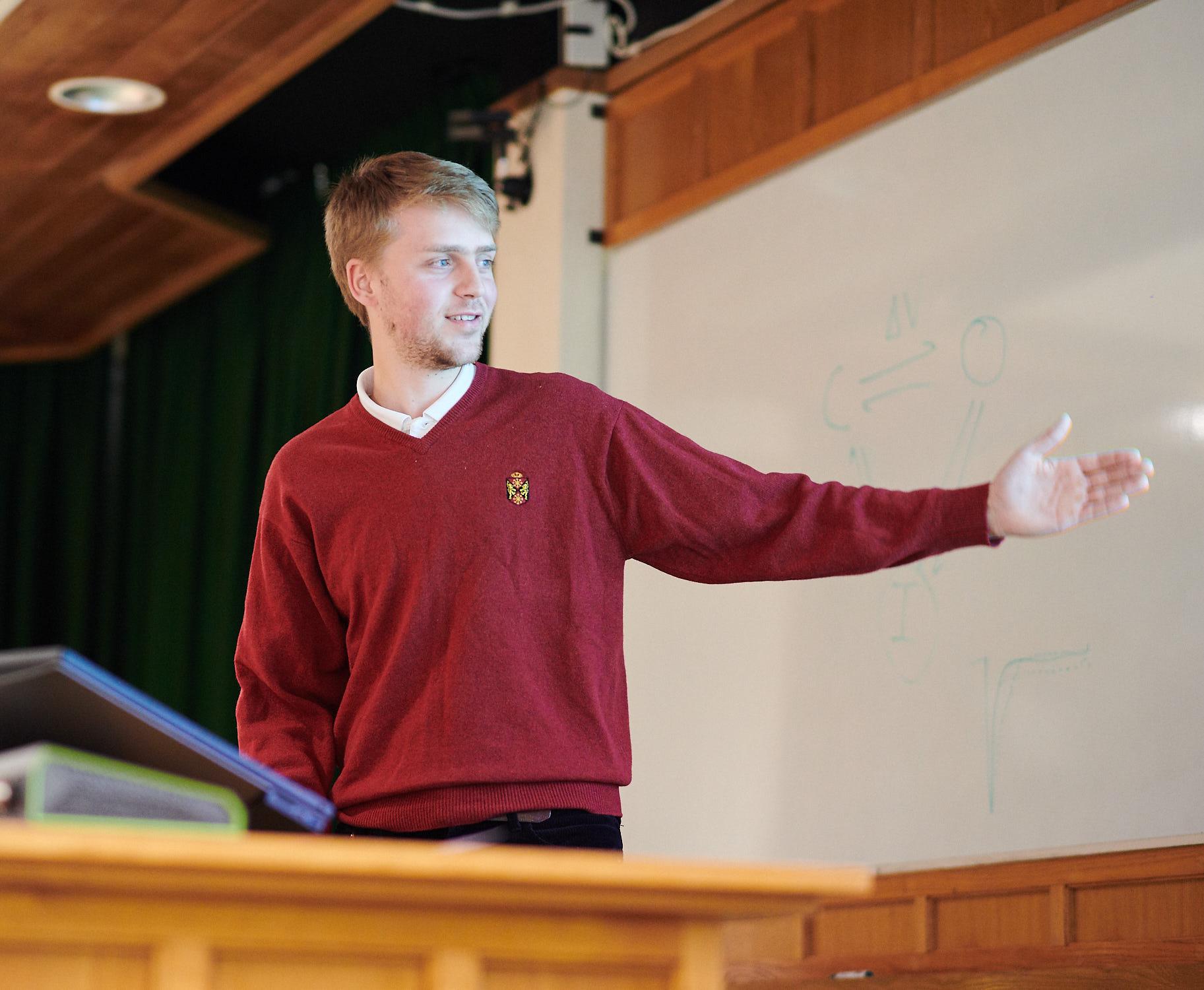
Unit student Gaspard Oliviers sheds new light on the functional role of neural variability in predictive coding.
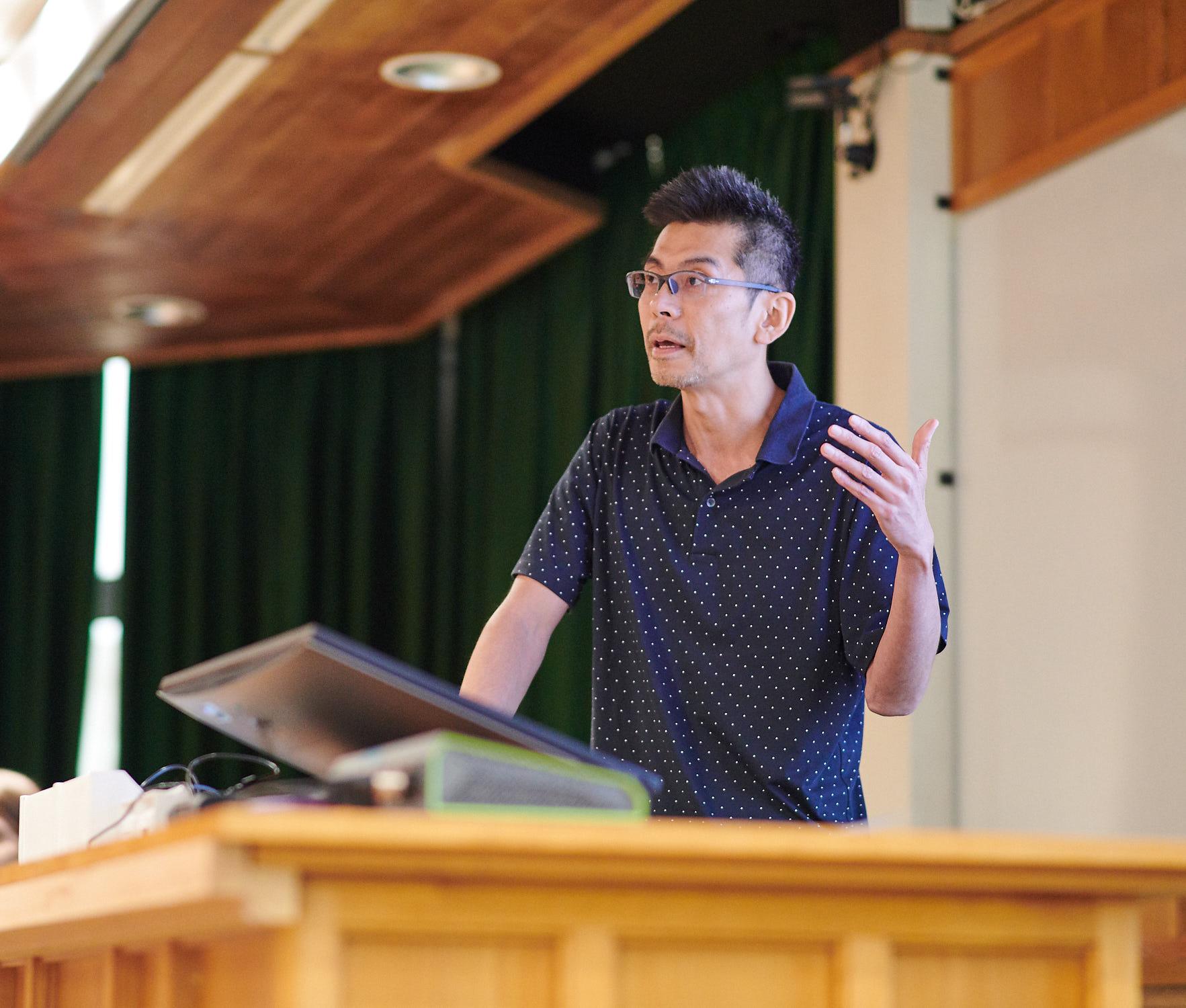
Unit postdoctoral scientist Kouichi Nakamura talks colleagues through his research on striatal neuromodulator signalling at summer Science Day 2023.
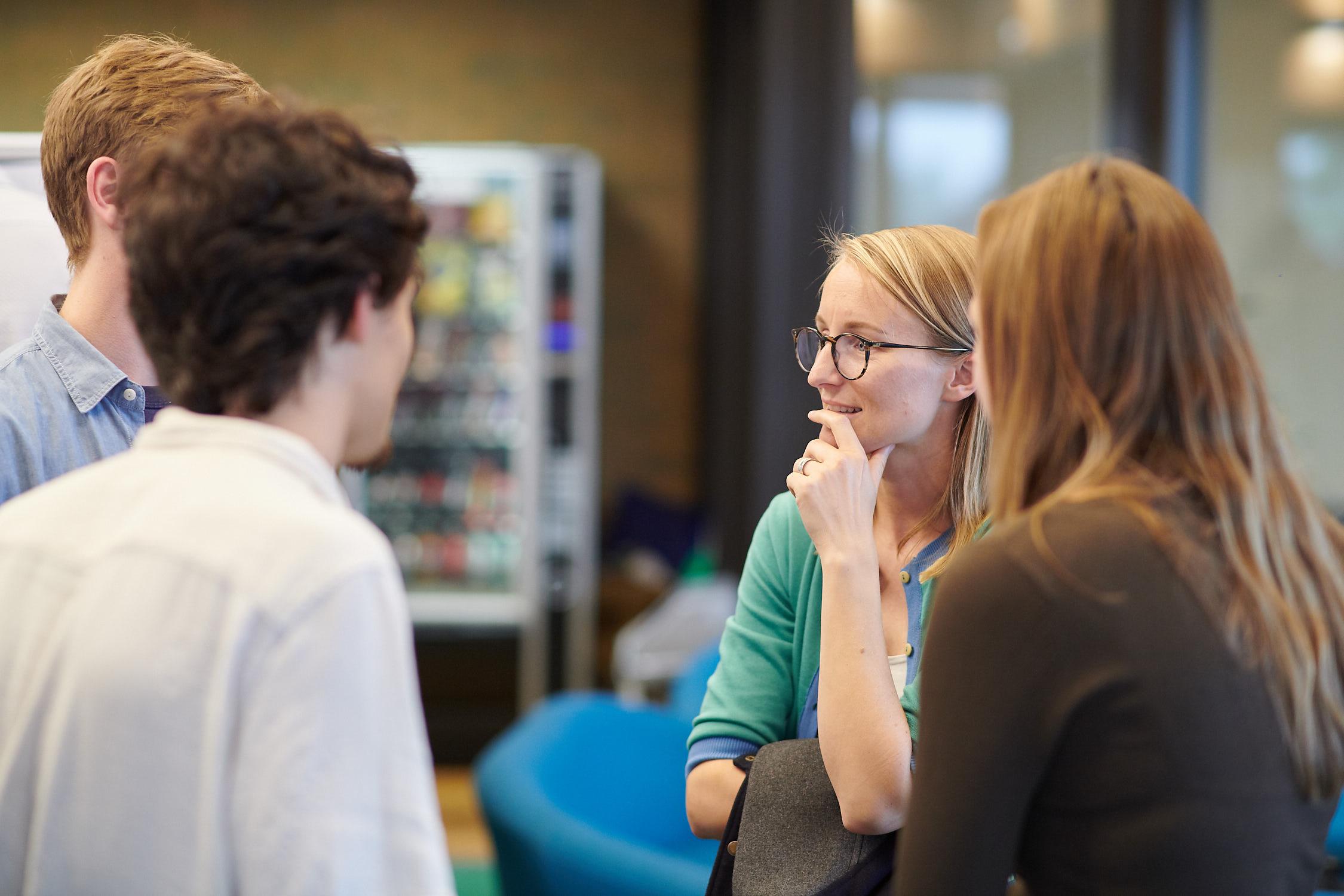
Busy discussions during the poster session at summer Science Day 2023.
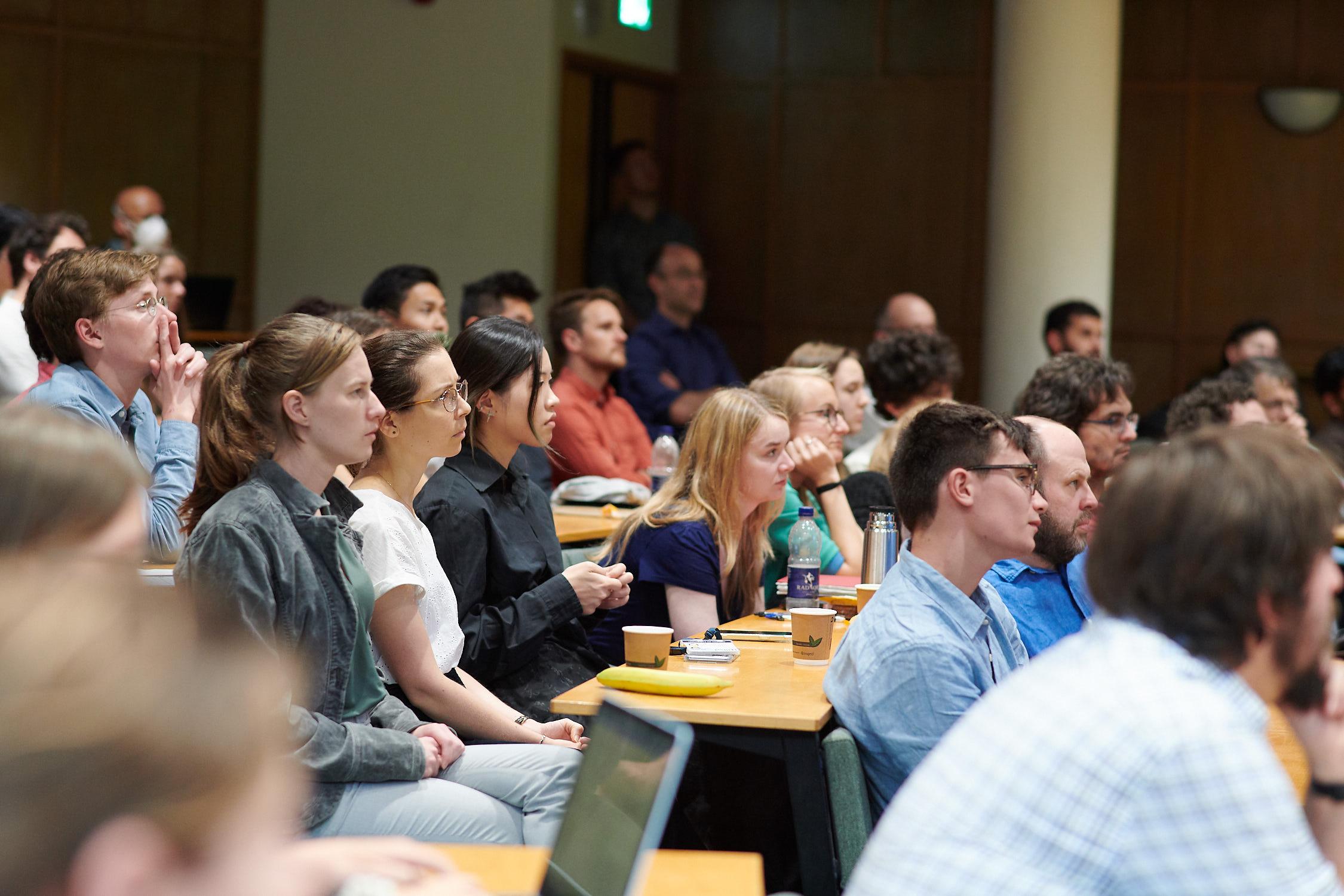
An attentive audience at summer Science Day 2023.
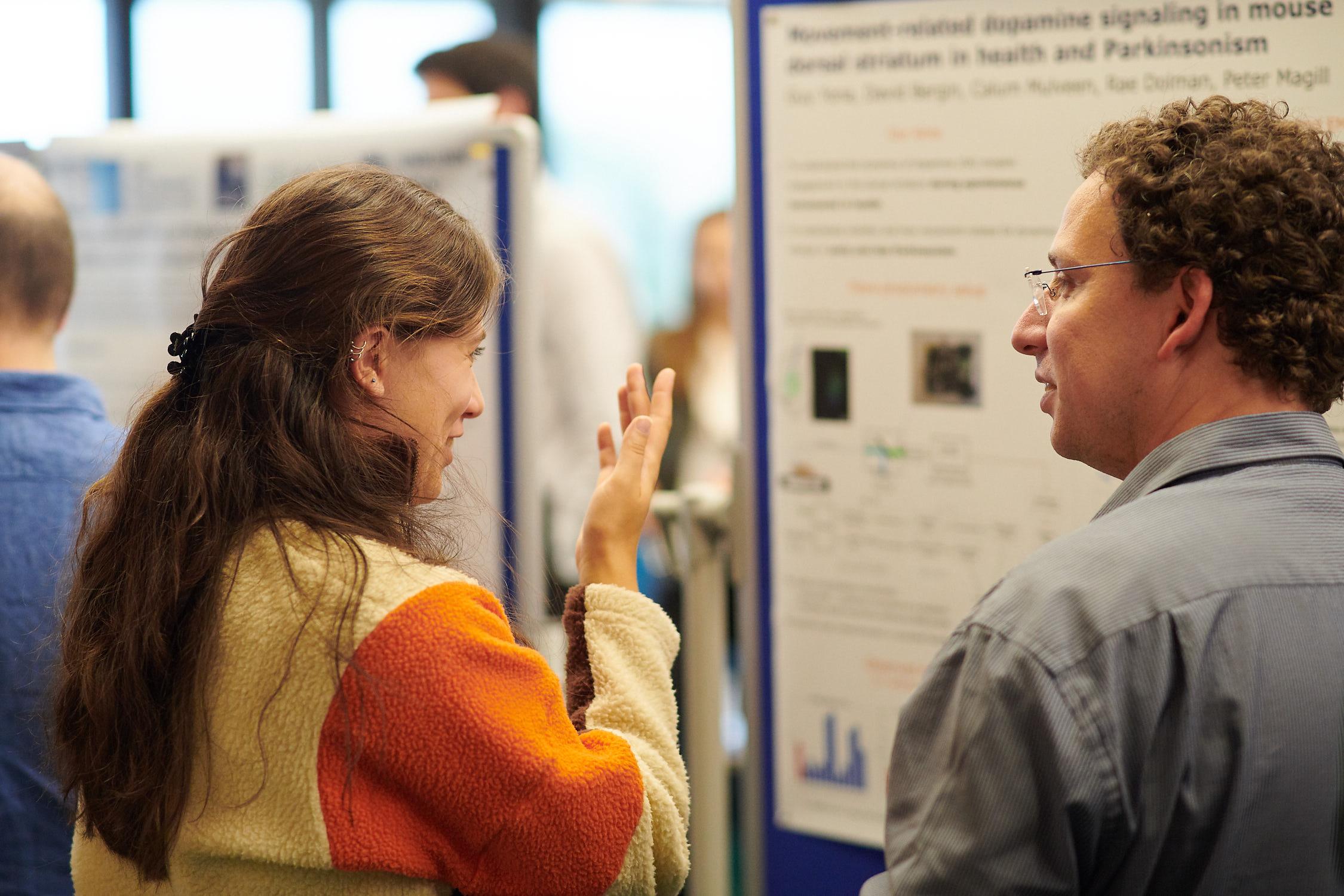
Busy discussions during the poster session at summer Science Day 2023.
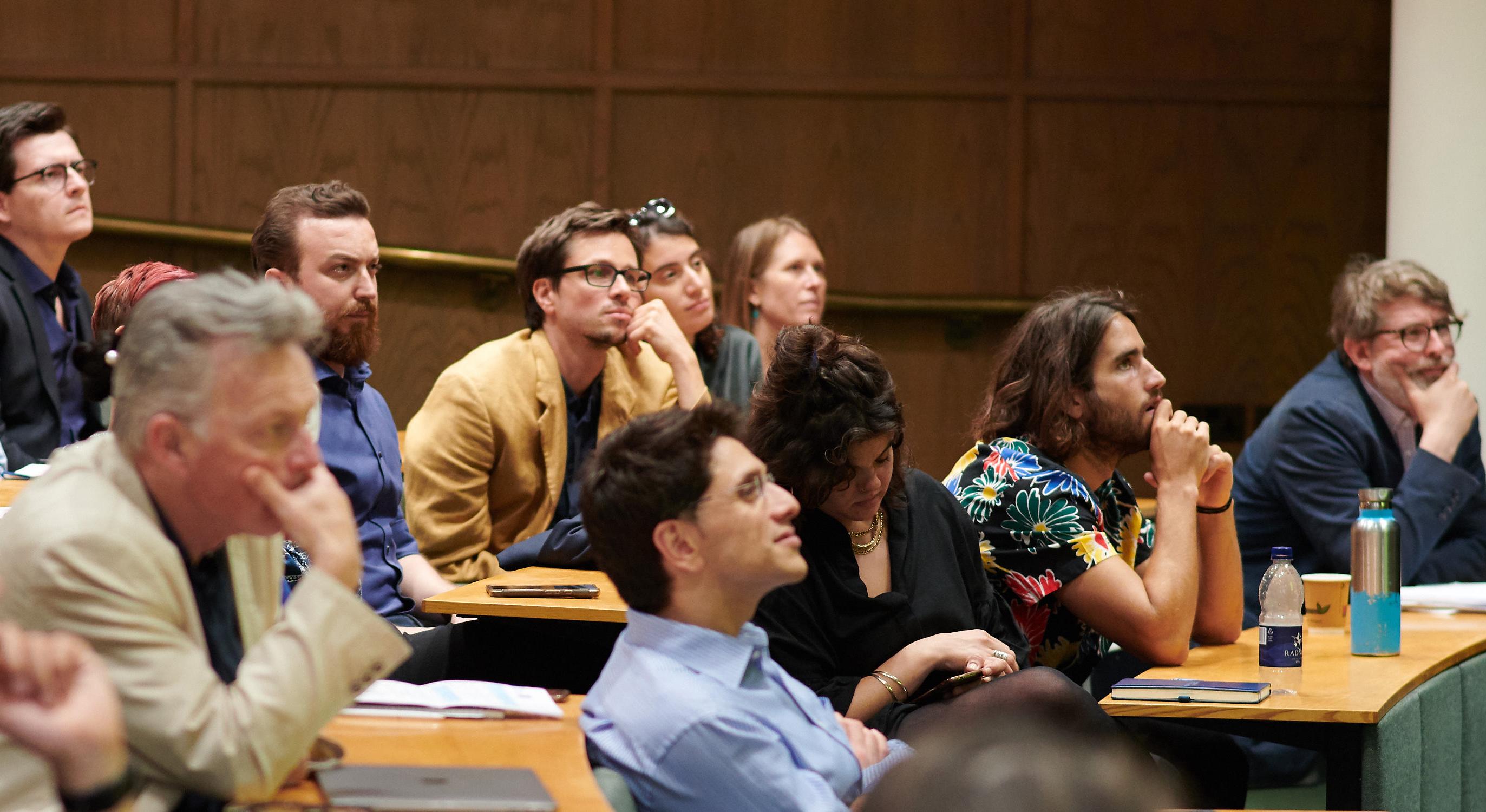
An attentive audience at summer Science Day 2023.
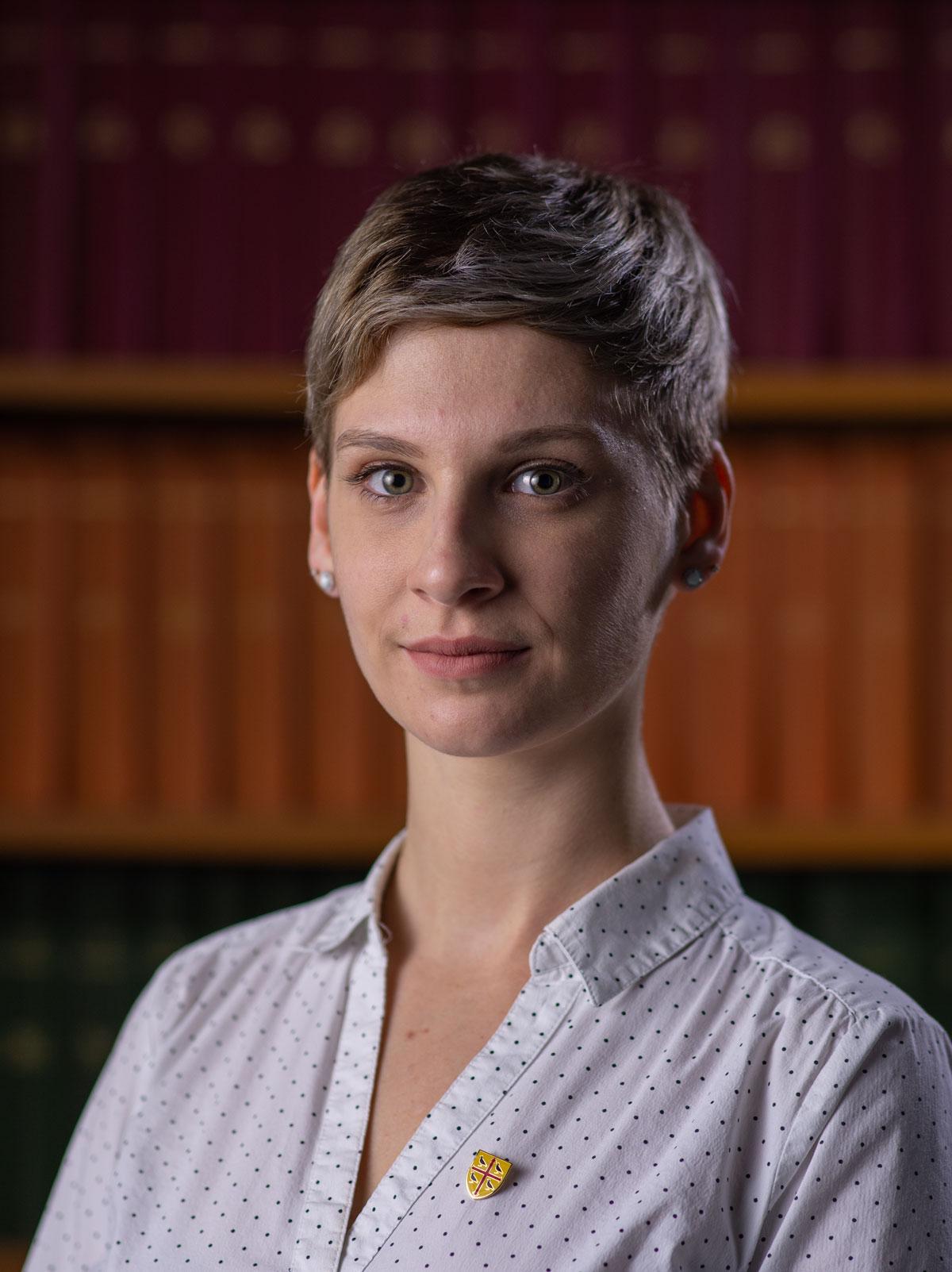
Warm congratulations to Camille for winning the departmental 3-minute thesis prize!
Camille presented at the annual Nuffield Department of Clinical Neurosciences (NDCN) Thomas Willis day's 3-Minute Thesis competition. The 3-Minute Thesis presentation challenges DPhil students to present their research topic and its significance in three minutes. Camille presented her work using Transcranial Alternating Current Stimulation (tACS) with the help of some cartoon neurons which were very popular with the audience!
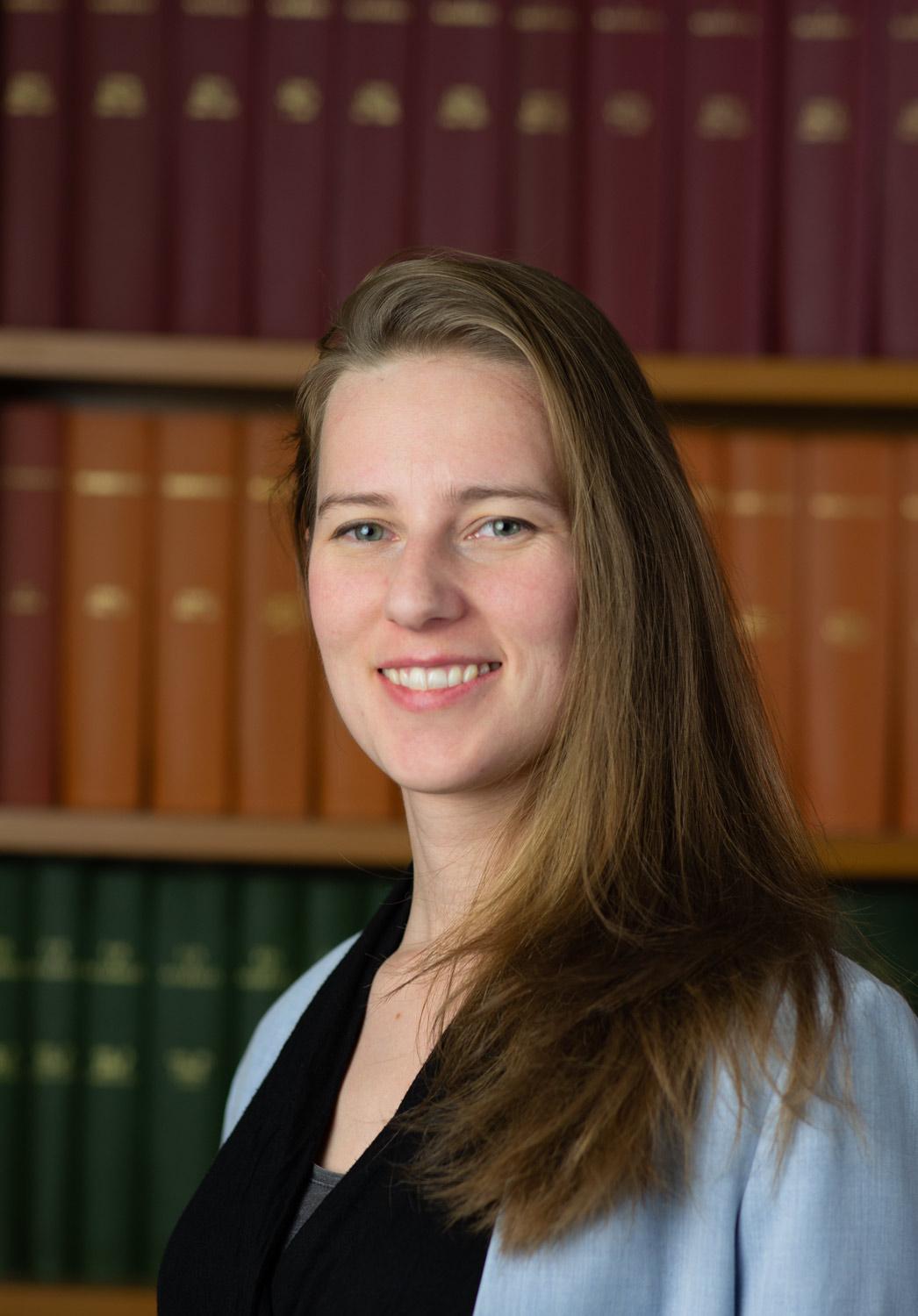
Warm congratulations to MRC Unit student Demi Brizee for winning the Gotch Memorial Prize 2022-2023, which is awarded by the board of management to a graduate student in the field of physiology with the best Oxford DPhil Transfer Status report.
For her DPhil thesis research, Demi is examining the cooperative firing dynamics of the distinct populations of hippocampal interneurons using in vivo electrophysiological ensemble recordings in freely behaving mice. In this work, Demi combines analyses of the local field potentials and neuronal spike trains with input-defined and cell-type-selective optogenetic manipulations during spatial exploration and memory tasks. This work is intended to characterise the division of labour amongst the various types of hippocampal interneurons for the internal processing of mnemonic information. Demi's D.Phil. research is conducted in close collaboration with Dr Vitor Lopes-dos-Santos, in the Unit research group led by Prof. David Dupret.
We are pleased to welcome Yosra Hashim to the Unit as a visiting student.
Yosra is a medical student at University College Dublin (Dublin, Ireland). During her 3-month visit to the BNDU, Yosra will join the Bogacz group and will be co-supervised by Dr Benoit Duchet. She will investigate phase-amplitude coupling in mathematical models constrained by data. Specifically, she will make use of electrophysiological recordings obtained in rodents by the Sharott group.